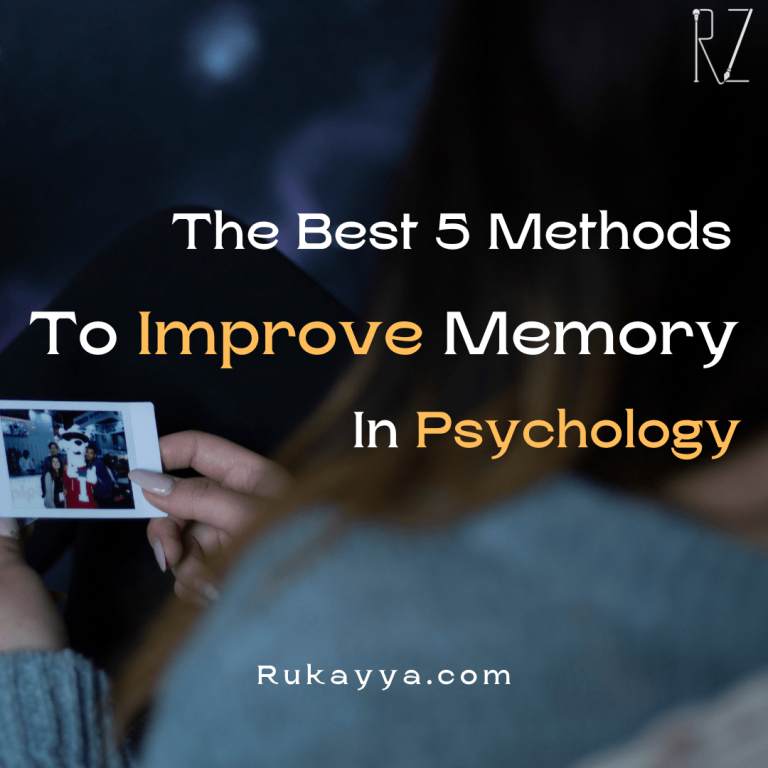All about the Postpartum Depression & Treatments
What is the Postpartum Depression?
Postpartum refers to the period after a child’s birth. During this period you will feel sad, low, empty deal with mood swings, and even stress out about everything.
The fluctuation in emotions generally lasts four to five days after giving birth. In case it continues for longer than a week or two, then you may have Postpartum depression.
Postpartum depression comes with higher risks. If you happen to develop PD, there are chances of extreme depression in later life. However, early treatment/counseling can prevent the risks.
50 to 70% of women experience baby blues after child delivery. That means PD is quite common among new mothers and around 20% of them develop severe depression issues later (1).
What Causes Postpartum Depression?
The rapid changes in physical and emotional health cause Postpartum depression. Your estrogen and progesterone levels and the female reproductive hormones increase extremely during the pregnancy. And drop rapidly after delivery.
In fact, every complicated emotion associated with the baby affects your physical and emotional well-being, leading to Postpartum.
The following are the causes of PD
- Wishing to be the perfect parent for the baby
- Assuming to be now unattractive
- Worried of husband’s same love
- Experiencing breastfeeding difficulties
- Past trauma and history of the family loses
- Wasn’t ready to have the baby yet
- Anxiousness about delivering a baby
- Underage
- Sleep disorders or substance use disorder (2)
Signs and Symptoms of Postpartum Depression
- Continuously crying
- Unnecessary arguments in the marriage
- Feeling empty, low, stressed
- Uninterested in pleasures and life activities
- Social anxieties
- Lack of concentration
- Lack of appetite
- Hallucinations
Can Postpartum Depression Last Years
It really depends on the emotional stability of a mother.
Some mothers experience PD for longer than three-four weeks, and some experience it for longer than 6 months.
In fact, according to reports, some mothers may also experience postpartum for up to three years after delivery (3).
Postpartum depression is actually treatable if considered. Why I recommend is that if you are experiencing it for longer than 2 weeks or more, there are higher risks of severe depression. It is essential to look after your emotional well-being as the baby might need equal support from your end.
The growth and development of the baby depend upon his/her surroundings and parenting styles.
If you are going through postpartum for too long, it can have an impact on parenting and marriage both. So you should look for postpartum support or therapy that will improve the symptoms.
How to Treat Postpartum Depression
Here are some personal and professional advisable treatments.
Mental Health Counseling/Therapy
Visit or approach a therapist who you can talk to about anything and everything. You will feel heard, better, and would be directed to a path of healing.
The therapist will get on a journey with you to help you reduce the symptoms and encourage a healthier lifestyle so you can strengthen your relationship with your family, spouse, and child.
Visit a Doctor
He/she may recommend antidepressants and offer regular follow-ups. If you go for this option, you must know that the baby may go through some side effects of the medications you take, but it will be time being and helpful for the future.
Try to be More Expressive and Communicative
When you experience PD, there are chances you annoy your spouse and irritate them with your behavior. Not everyone is able to understand what you are going through and it is understandable. So, in that case you need to let them know that they will have to deal with your certain behavior for certain time period because even you are experiencing a new emotion that you, yourself cannot deal with.
As you become a little more communicative, your partner may try to understand you. That will lead to lower fights and conflicts in your marriage.
Don’t Isolate Yourself
Depression makes you feel more lonlier and empty. If you try to isolate yourself, it is going to get bad, or even worse.
Because you are already experiencing PD, you should try to be around people and look for happiness in little things. The more you stay connected and active in your daily chores, you will stay away from negative emotions.
Read or Learn about Concepts
If you are unsure of PD or lack information, try consulting others on what is the postpartum depression in simpler language and whether they can help in any manner.
Avoid Unrealistic Expectations
Try to avoid expecting from anything and everything. You can be a better mother than a perfect one. You can still be enough for your spouse and family. There’s nothing that you will lose now because there’s a new member in the house. You just have to be selfless and a giver at the same time.
The more you stress yourself and over think about stuff, it will increase risks of severe depression postpartum.








